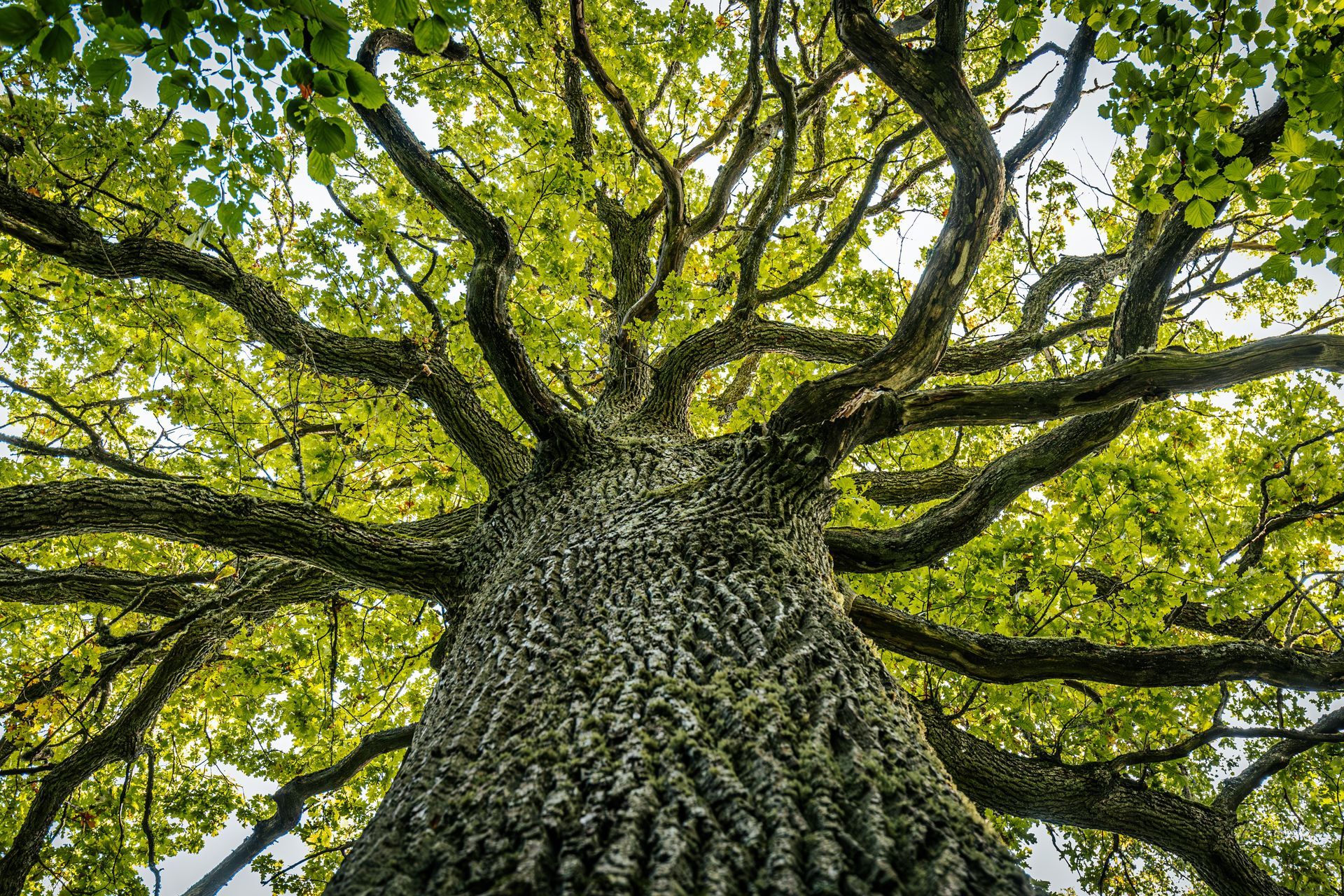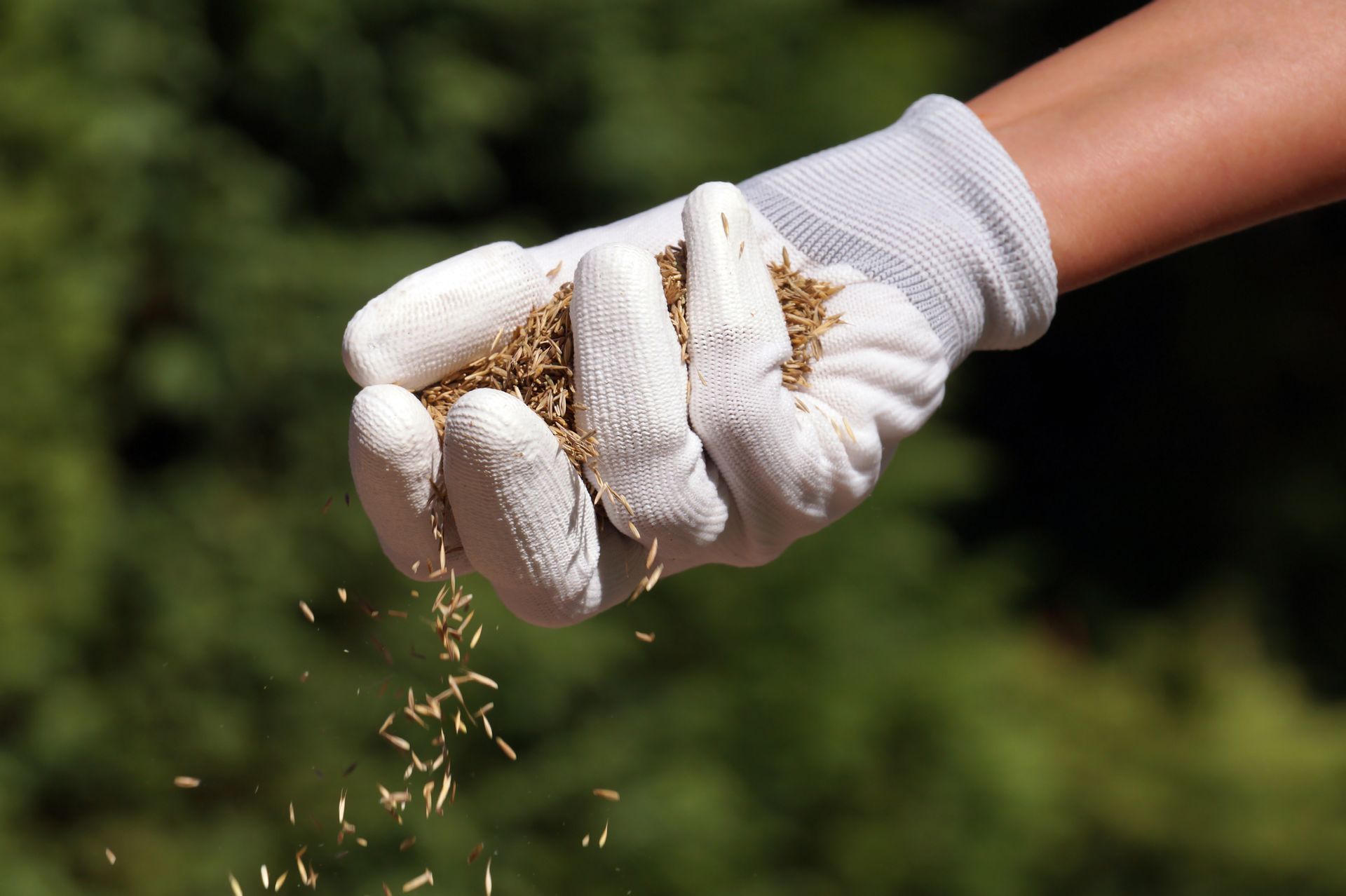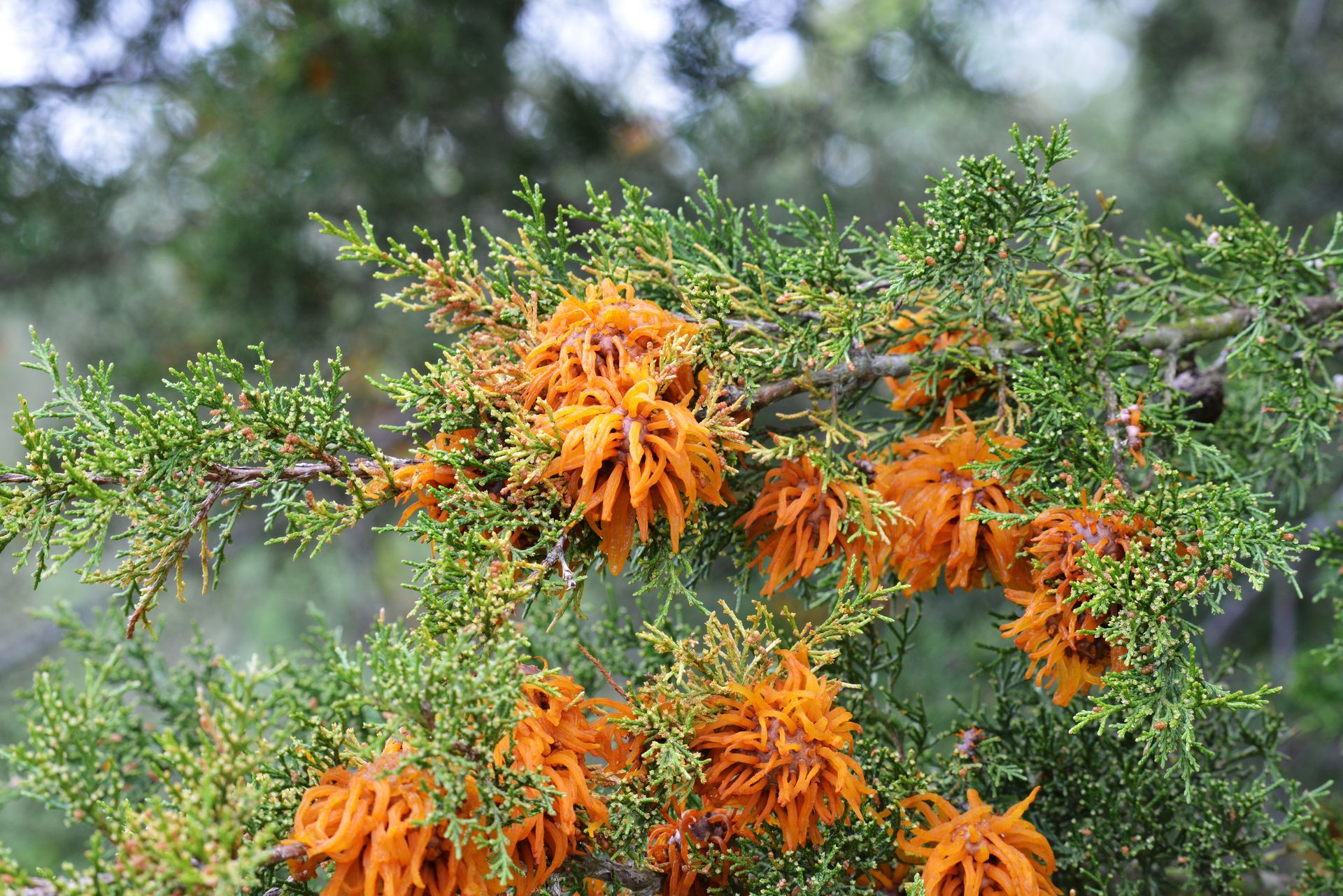November 21, 2024
What is Lawn Winterizer and Why Does Your Lawn Need It This Fall?
As fall arrives, it’s time to start preparing your lawn for the winter months. Applying a lawn winterizer is one of the best ways to protect your grass and ensure it comes back strong and green in spring. But what exactly is a winterizer, and why is it so important? Let’s explore what winterizer does, why it’s essential for your lawn, and how to apply it effectively.
Understanding Lawn Winterizer: A Fall Fertilizer with a Purpose
A lawn winterizer is a specific type of fall fertilizer designed to help your lawn survive harsh winter conditions. Unlike regular fertilizers that focus on promoting leaf growth, a winterizer provides essential nutrients, especially potassium, to strengthen the root system. This nutrient helps grass roots absorb energy and store it for winter, giving your lawn a head start when the spring growing season begins.
Key Ingredients in a Winterizer
- Potassium: Boosts root development, enhances resilience to cold, and prepares grass to absorb more nutrients.
- Nitrogen (in lower quantities): Encourages minimal growth to support energy storage but not excessive top growth that could be damaged by frost.
Why Use a Winterizer? Benefits for a Healthier, Greener Lawn
Using a winterizer helps protect your lawn in several ways, especially as Michigan heads into colder months:
- Enhanced Cold Resistance
The added potassium makes your lawn more resilient to cold snaps and frost, helping it survive extreme winter temperatures without significant damage. - Stronger Root System
By focusing on root development, a winterizer prepares the grass for regrowth in spring, leading to a denser and more resilient lawn. - Improved Nutrient Storage
Grass blades store energy from the nitrogen in winterizer, enabling faster, healthier growth when temperatures warm up. - Reduced Spring Weeds
A healthier, thicker lawn from winterization can also reduce the number of weeds, since grass will be stronger and better able to out-compete weeds that typically invade weak or bare patches.
When to Apply Winterizer for Best Results
The timing of your winterizer application is crucial. In Michigan, aim to apply it in late fall, around October or November, when temperatures are consistently in the 50s. Apply it right before your lawn goes dormant, as this allows roots to absorb nutrients and store energy as the grass prepares for winter.
How to Apply a Winterizer
- Mow Your Lawn
Mow your lawn as usual, but avoid cutting it too short. Longer grass blades can protect the roots and promote better photosynthesis. - Use the Right Amount
Follow the manufacturer’s instructions for the correct amount, as over-fertilizing can harm your lawn. - Water After Application
Watering helps the nutrients penetrate the soil, allowing the roots to absorb them effectively. However, if rain is in the forecast, you can let nature do the work.
Common Questions About Lawn Winterizer
1. Can I use a regular fertilizer instead of a winterizer?
While regular fertilizers add nutrients, they’re typically high in nitrogen for top growth. Winterizers have a unique balance of potassium and nitrogen that’s specially formulated for root strength and winter resilience.
2. Is winterizer only for cold climates?
Winterizers are most beneficial in cooler regions like Michigan. However, lawns in warm-season areas can also benefit, as winterizer helps grass prepare for temperature drops.
3. Can I skip winterizing my lawn?
Skipping winterization might not cause immediate harm, but your lawn may appear thinner, patchier, and more susceptible to weeds and pests in spring.
Rely on Visionary Fertilization for All of Your Lawn Care Needs
Preparing your lawn for winter with a winterizer can make a noticeable difference in its spring growth and overall health. As temperatures drop, think of winterizing as a crucial step to protect your lawn’s root system and lay the foundation for a greener, thicker lawn next season.
At Visionary Fertilization, we specialize in helping Michigan lawns stay healthy year-round. Contact us today for professional lawn care services and expert guidance on the best winterizer practices for your specific lawn needs.




